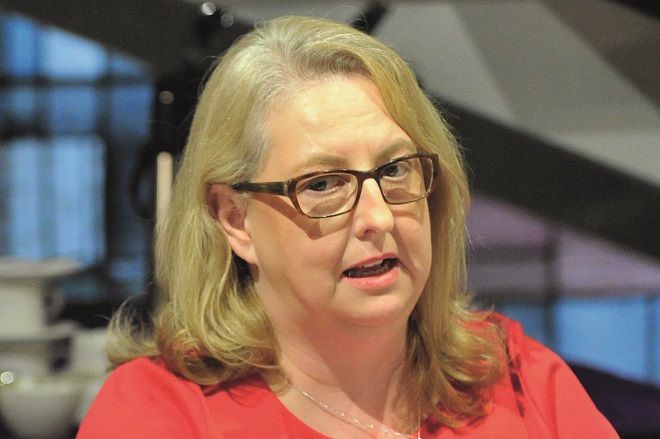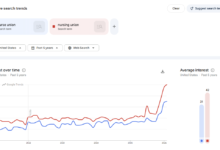Advanced practice badge scheme ‘too onerous’

The advanced practice ‘digital badge’ scheme is proving stressful for nurses and may drive some out of the profession, according to an assessment by the Queen’s Nursing Institute (QNI).
First introduced in England in 2022, the badge is used by clinicians in the NHS in England to prove that they are educated to and practising at an advanced level.
“An excellent idea in principle, the digital badge has had unintended consequences on the nursing workforce”
Crystal Oldman
The scheme is particularly pertinent to primary care where advanced nurses need to obtain the badge to be included in the additional roles reimbursement scheme (ARRS).
A new impact assessment of the badge programme has been carried out by the QNI’s International Community Nursing Observatory (ICNO) led by ICNO director Professor Alison Leary.
The review found that the process of obtaining this digital badge is stressful and difficult, to the extent that it constitutes an “exit trigger” for some more experienced nurses in the later stage of their career.
The findings are based on a survey of 615 nurses, most of whom worked either in a hospital or general practice.
The experience of applying for the digital badge was overall reported as negative. Only 18% of the 254 respondents who had tried to obtain the badge described the process as straightforward.
Respondents reported a lack of support as well as delays and process issues. They also said that there was a lack of clarity on the requirements for obtaining the badge, particularly with reference to the e-portfolio route.
Those who found it straightforward had completed an advanced clinical practice master’s degree very recently at an accredited university. Around half of this group still reported difficulties with the process.
“The current situation runs a real risk of losing many experienced workers”
Alison Leary
Nurses with less experience were more likely to be willing to undertake the work of applying for the digital badge whereas more experienced nurses were less so, indicating that they would prefer to leave employment or retire.
Asked what the effect would be if obtaining the badge was compulsory, 77 respondents said they would consider retiring or finding a different job.
One survey respondent said: “I would have to do extra work to validate my qualification I think. I’m due to retire in the next three-10 years so it may mean I give up this role earlier than intended.”
Another, aged 59 and with 20 years’ experience in their role, said they would be “insulted to be told I had to obtain yet another piece of paper which will not change my practice”.
Chief executive of the QNI Dr Crystal Oldman said that this was of “major concern” considering workforce shortages across the health and social care system.
“If nurses working at an advanced level of practice are considering retirement as an alternative to the onerous evidencing process to obtain a digital badge, this is a major concern given the workforce shortages across the system,” she said.
Dr Oldman added: “An excellent idea in principle, the digital badge has had unintended consequences on the nursing workforce.
“But these consequences can be addressed, and any positive measures introduced now will boost the nurses’ morale, improve their sense of being valued, and will directly assist with retention.”
Professor Leary, who is also chair of healthcare and workforce modelling at London South Bank University, said: “The current situation runs a real risk of losing many experienced workers and expertise from the nursing workforce, particularly in general practice.”
She said that this finding showed the importance of carrying out impact assessments before policy implementation.
NHS England has been approached for comment.






